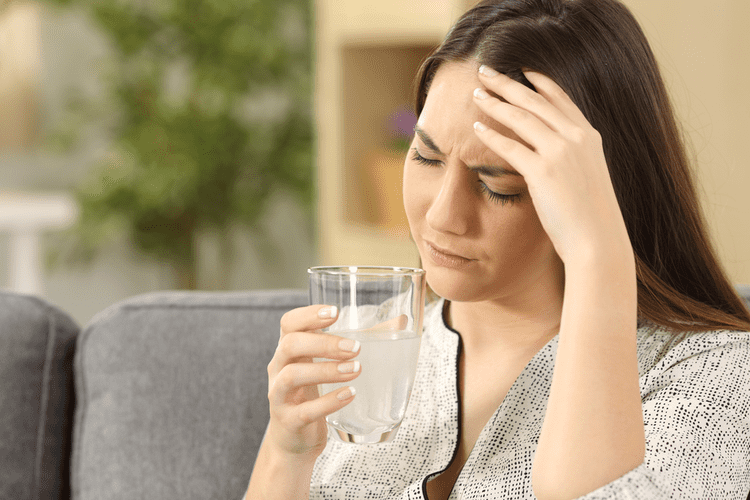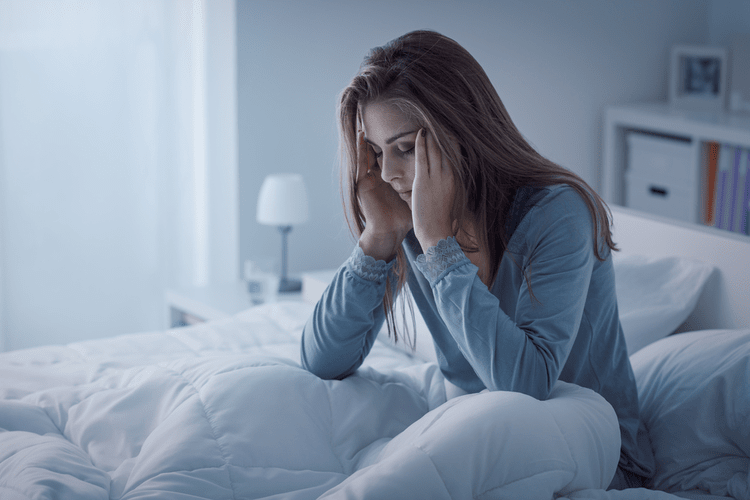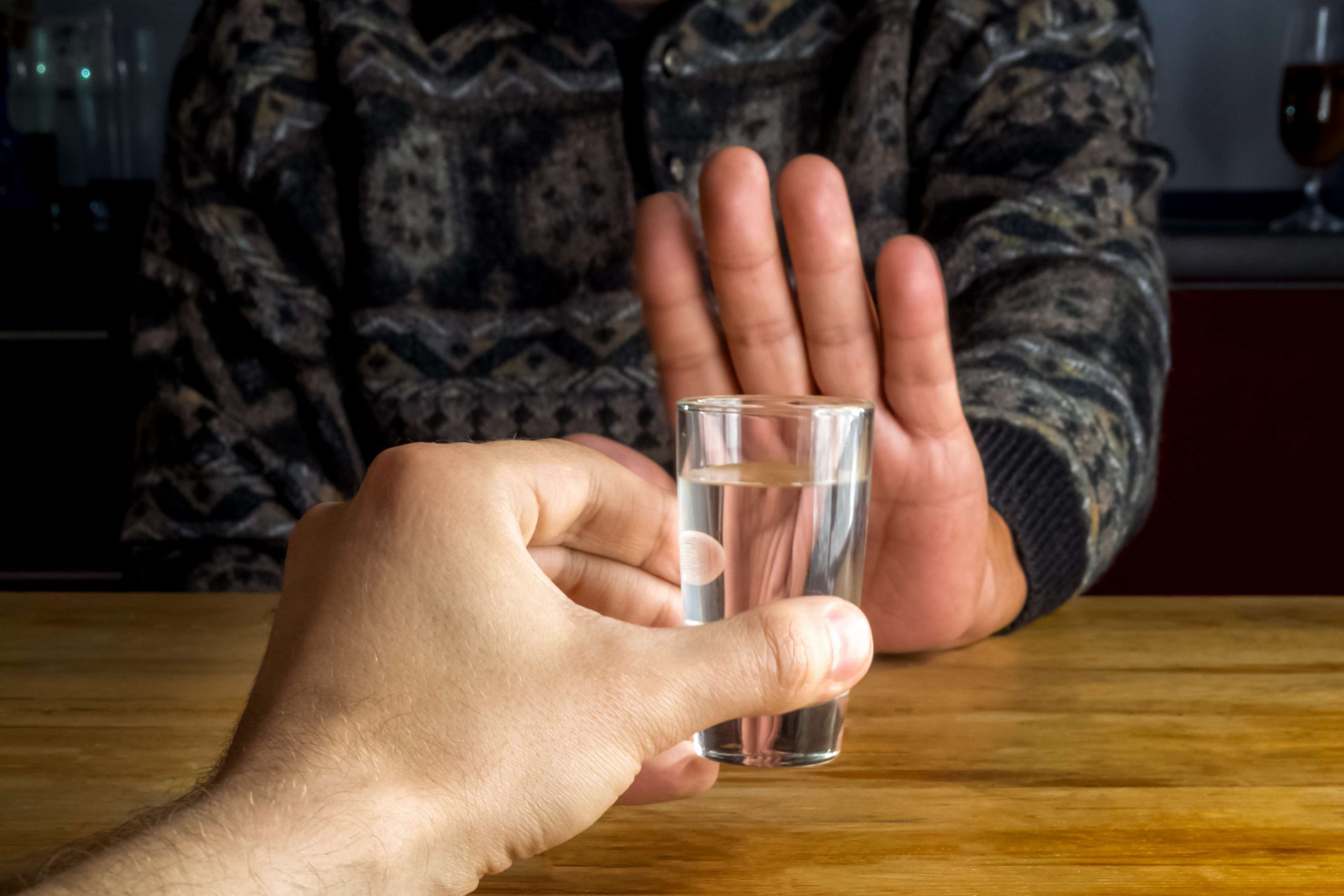Sweating in response to drinking alcohol can be uncomfortable, especially at night when the air is cooler. In addition, sweating caused by alcohol can lead to dehydration due to the loss of fluids from your body. So while drinking does not directly cause thirst, it can make you feel thirsty due to increased sweating and fluid loss. While both alcohol consumption and exercise can lead to sweating, the mechanisms behind each may differ slightly.
Strategies for Managing Alcohol-Related Sweating
Research has shown that chronic alcohol consumption can impair metabolism by decreasing fat oxidation and increasing fat deposition, leading to an increase in body weight. Additionally, alcohol tends to reduce muscle mass why does alcohol make you hot while increasing fat storage, which further contributes to weight gain. Perimenopause, the first stage of menopause, is characterized by a decrease in estrogen production and irregular menstrual cycles. Symptoms can include hot flashes, night sweats, mood swings, vaginal dryness and changes in sexual desire. Sweating during alcohol withdrawal occurs when a physically dependent individual significantly reduces or stops alcohol intake. This is largely driven by central nervous system (CNS) hyperexcitability.
- Other factors, such as menopause or medication use, commonly cause hot flashes and night sweats.
- In some cases, it can also lead to dehydration and electrolyte imbalances.
- If you regularly have night sweats after drinking that can’t be explained by other conditions, you could have alcohol use disorder or compulsive alcohol misuse.
- True night sweats cause you to soak your clothing and sheets with perspiration.
- If you suspect this might be the case, talk with your doctor about adjusting or stopping these medications.
Why Do I Sweat When I Drink Alcohol?

When the ANS is stimulated by alcohol, it can cause sweating because it regulates our body temperature. If you have other symptoms like a red face, feeling sick, or a fast heartbeat after drinking, that could also point to alcohol intolerance. Yes, alcohol withdrawal can lead to sweating as one of the withdrawal symptoms. Sweating is a common reaction as the body tries to readjust to the absence of alcohol.
- However, when alcohol is involved, this sweating process can become excessive, leading to night sweats.
- This disruption can cause sweating even when the core temperature increase is moderate, as the nervous system’s thermostat is temporarily recalibrated.
- Hormonal changes can significantly impact how sweat glands respond to certain signals, leading to increased perspiration.
- Hot flashes can also be triggered by smoking, which has been linked to an increase in night sweats.
What are the long-term effects of alcohol-induced axillary hyperhidrosis?
- Whatever the cause, it’s important to recognize the signs of feeling overly warm when drinking alcohol.
- The amount of time it takes for alcohol to leave your system can vary depending on the type of alcohol consumed.
- This is often accompanied by a rapid heartbeat and reddening of the skin.
- You could also try lowering your overall intake of caffeine and eating more cooling foods such as cucumber and mint.
If you are wondering how to stop sweating when drinking alcohol, the best treatment is to minimize drinking. If you have a problem abstaining Halfway house from alcohol, this may signal alcohol use disorder, often called an alcohol addiction or alcoholism. One study of alcohol’s effects on body temperature showed that sweating and the sensation of heat increased significantly 10 minutes after consuming alcohol. Francisco Church is a rehabilitation specialist and the chief editor of Recovery Ranger. He creates this site to offer guidance and support to individuals seeking to overcome addiction and achieve lasting sobriety.
It must be noted that the victory over alcohol abuse and intoxication usually does not imply a return to drinking after recovery. The purpose of recovery is continued abstinence and a healthy lifestyle. If you go back to drinking alcohol following treatment for alcoholism, you may experience a relapse and thus compromise your recovery journey. Furthermore, those who have problems related to the use of alcohol usually require continuous therapy and supportive assistance.
Body temperature
This could be caused by the body’s nervous system’s reaction to excessive alcohol consumption. As we discussed earlier, alcohol affects your central nervous system and causes your blood vessels to widen and your heart rate to increase, which can lead to sweating. Alcohol abuse and alcohol withdrawal aren’t the only causes of night sweats.

Are night sweats a sign of alcohol withdrawal?
Withdrawal from alcohol can also cause a fever, which can contribute to perspiration. Your enzymes work to break down the alcohol so that it can be removed via your liver. However, there is some alcohol which isn’t broken down in this way, and that gets removed through your urine, sweat and breath.

Various factors impact how quickly you can https://vairovapes.co.za/zero-proof-behind-the-growing-popularity-of-an/ eliminate all of the alcohol, but you can expect your body to very generally process about one drink every hour. Until that time has passed, you can take a shower and attempt to use body spray. While these measures might help (and a shower will almost certainly make you feel better), they are just temporary masks. This is because unfortunately, you cannot get rid of the alcohol odour smell until all of the alcohol has been metabolised from your body.
Optimize Your Sleeping Environment
People who drink heavily or regularly may have night sweats several hours or days after consuming alcohol. Night sweats are a common symptom of alcohol withdrawal, which often affects people with alcohol use disorder (AUD). Yes, there can be long-term effects of taking drugs that cause sweating. If the drugs are not used as prescribed, they can lead to addiction and dependency. Additionally, if the drugs lead to dehydration, they can cause long-term damage to the kidneys, heart, and other organs.
Ria Health offers several FDA-approved medications for alcohol use disorder. When combined with counseling, this approach is proven highly effective. While powders will not prevent sweat production, they can protect the skin from moisture damage in a few different ways.